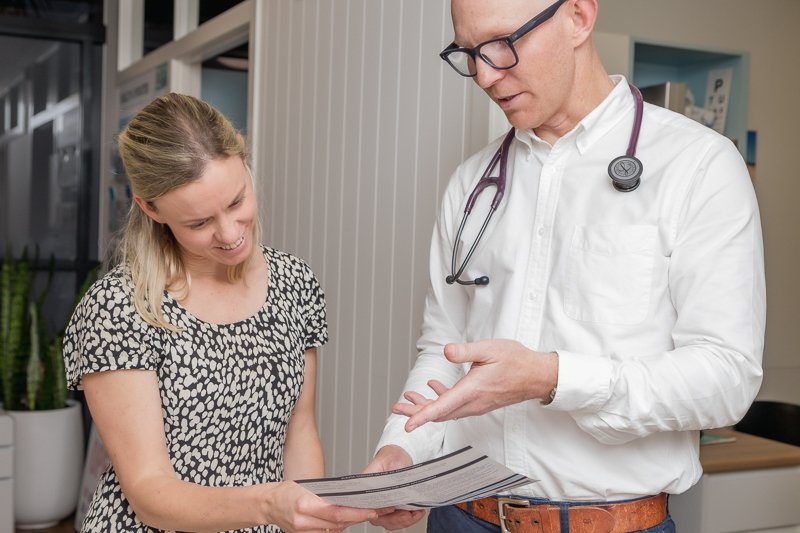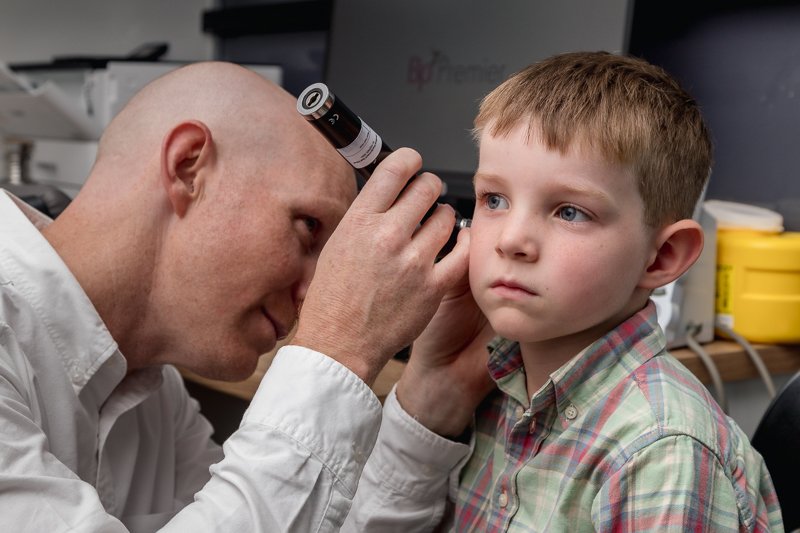Wound Care & Management in Peregian Beach
Wounds are the result of internal or external injuries that damage bodily tissues. They include scrapes, scratches, cuts, burns and punctured skin.
Wounds are classed as closed or open, depending on their cause, and then further termed as Clean, Contaminated, Infected or Colonized.
Common types of wounds include:
Abrasion - this is a result of rubbing or scraping against a rough or hard surface. Bleeding is minimal.
Laceration - this is a deep tearing or cut of the skin caused by sharp objects such as knives. Bleeding can be profuse.
Avulsion - partial or complete tearing away of skin and tissue caused by violent accidents such as explosions or car accidents
Puncture - this is a wound that occurs as a result of something sharp and pointed such as a nail. They may not bleed much but can become easily infected.
Important: If you are bleeding heavily, have a severe wound or severed body part, go to your closest emergency room or call 000. Pack the severed body part in ice for the possibility of reattachment.
You don't have to see your GP for minor cuts, scratches, and scrapes. For many wounds, however, visiting your GP might be the best option.
How do I know if I should see a GP for my wound?
Your wound may need a doctor's attention if:
You've had surgery and your wound needs dressing
It's on your face
The cut is deep and the edges gape open
The dirt or debris can't be totally cleared out
The wound is caused by a very dirty or rusty object
It's an animal or human bite
There's numbing in the injured area
It's a puncture wound and your tetanus shots are not up to date
Opens so wide that you can't get the edges together with a little pressure
The edges of the wound are ragged
It's bleeding enough to soak a bandage
Blood is spurting
It's a deep puncture wound
It's around a joint such as elbow or knee
It's on your genital area
It's near your eye
It's on your mouth
Moreover, you should see your GP if you're showing signs of infection such as:
Fever of 38 C or above
Reddened skin near or around the wounded area
Worsening pain
Inflammation, swelling, and pus associated with the wound
Nausea, headache, vomiting, dizziness
What are the benefits of seeing a GP for my wound?
Your GP will assess your risk of infection. If your wound is caused by a dirty or rusty object, your GP may recommend a tetanus vaccination. If and when necessary, you may be offered antibiotics as well.
If you have diabetes or circulation problems, you may require special wound care and medications to assist in the healing process.
Scrapes and avulsions that cover a large area are susceptible to infection. Your GP will show you how to dress them correctly and tell you which kind of bandages you should be using. Correctly dressing a wound is one of the most important factors to reduce scarring and speed up the healing process.
Some wounds may need to be sutured and the longer they remain open, the greater the risk of infection, so seeing a GP as soon as possible is recommended.
Equally important, having a GP tend to your wounds gives you a better chance of a good cosmetic result after the wound has completely healed.
How will a GP treat my wound?
If you visit our centre, you will be assessed by a GP. Depending on the type and condition of your wound, the GP may do any of the following:
Gently clean the wound (if the wound is fresh) to remove dirt and debris
Dress the wound.
The dressing that your GP will use depends on the type and severity of your wound
Determine how often you need a dressing change
Give you a tetanus vaccination if you're not up to date
Suture open wounds if needed
Explore a deep wound surgically
Remove dead skin surgically
Pack your wound to prevent infection and abscess formation
Give you medications to relieve pain
Prescribe antibiotics and treat signs of infection, if any
Check you for other health conditions that may slow down the healing process such as anemia or diabetes
Teach you how to check your wound to see if it is healing properly and without infection
Teach you correct hygiene methods such as washing your hands before inspecting wounds and using only clean bandages
Left untreated, some wounds may cause damage to underlying structures such as muscle, tendons, cartilage, bone, arteries and nerves. The purpose of medical attention is to prevent infection and complications as well as preserve function. Optimising the environment for wound healing is also considered. Don’t wait for complications; visit Peregian Family Medical Centre if you have a wound that needs medical attention.
To make an appointment book here or phone us at Peregian Family Medical Centre on 07 5471 2100.







